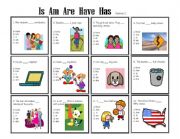
|
Is Am Are Have Has version 2
This activity provides an opportunity for practicing when to use a "be" verb and when to use have/has. Because of size constraints I split the worksheet and made two versions. I created this practice sheet because my students found this skill difficult.
Level: elementary
Age: 8-17
Type: worksheet
Downloads: 65
|
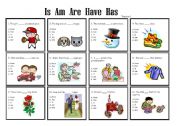
|
Is Am Are Have Has version 1
Practice worksheet for teaching the use of the "be" verbs and "have". I created this worksheet because my students had difficulty with deciding when to use "be" and when to use "have". I divided the worksheet into 2 versions because of file size restraints. Hope you find it helpful.
Level: elementary
Age: 8-17
Type: worksheet
Downloads: 68
|
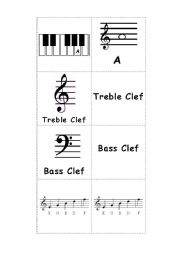
|
Musical Notes Memory Game
Memory game to use to learn more about music notations.
Level: elementary
Age: 5-9
Type: worksheet
Downloads: 4
|
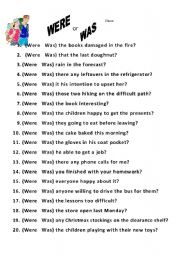
|
Was and Were used in Question Format
This worksheet gives learners an opportunity to practice using was and were in questions. Answers provided on second page.
Level: elementary
Age: 7-14
Type: worksheet
Downloads: 28
|
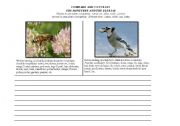
|
Comparing and Contrasting (insects vs birds)
This worksheet directs the learner to write about common comparisons and contrasts, but also encourages a little research to allow for a more interesting composition.
Level: intermediate
Age: 9-17
Type: worksheet
Downloads: 7
|
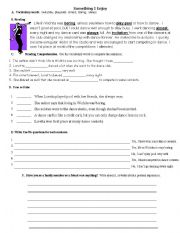
|
Reading Comprehension
Working with vocabulary. Asking questions. Writing a reading response. Various skills to improve literacy.
Level: intermediate
Age: 8-17
Type: worksheet
Downloads: 4
|
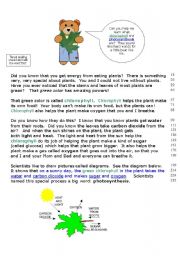
|
Photosynthesis
Multi-activity: Can be used for 1-minute readings, reinforcing comprehension, learning about chlorophyll and photosynthesis, and for written responses to a science article.
Level: intermediate
Age: 6-17
Type: reading
Downloads: 29
|
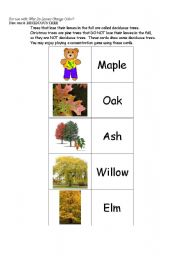
|
Concentration Game - followup to Why Do Leaves Change Color?
To reinforce plant vocabulary: deciduous
Memory Game to learn various deciduous trees.
Level: elementary
Age: 7-17
Type: others
Downloads: 2
|
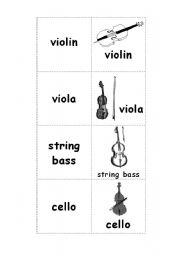
|
Musical Instruments Memory Game
This game includes the instruments from Peter and the Wolf. It provides an opportunity for students to strengthen their memory as well as learn new vocabulary.
Level: elementary
Age: 3-10
Type: flash-card
Downloads: 1
|
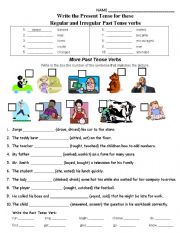
|
Past Tense Verbs
Learn by matching pictures to words; Fill in the blank with the correct past tense verb.
Level: intermediate
Age: 8-17
Type: worksheet
Downloads: 31
|